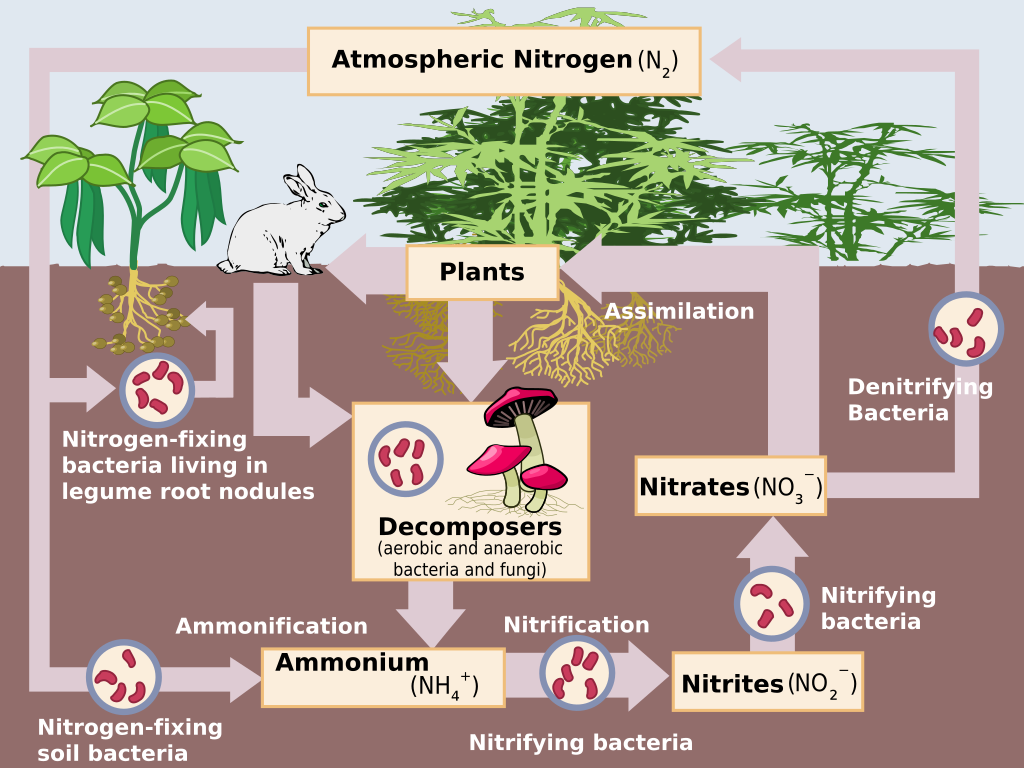World Food Prize 2025 | 20 May 2025
Brazilian microbiologist Mariangela Hungria has been awarded the World Food Prize 2025 for her pioneering work in Biological Nitrogen Fixation(BNF) and development of microbial technologies that reduce chemical fertiliser use.
- Mariangela pioneered rhizobia-based nitrogen fixation in legumes, this innovation reduced chemical fertilizer use, saving Brazilian farmers USD 40 billion annually, and boosted soybean production from 15 million tonnes in 1979 to an estimated 173 million tonnes by 2025.
- Her work drove Brazil’s “Micro Green Revolution” through sustainable, low-cost microbial technologies.
Biological Nitrogen Fixation(BNF):
- Biological nitrogen fixation is a natural process where certain microorganisms convert atmospheric nitrogen (N₂) into ammonia (NH₃), a form usable by plants.
- This improves soil fertility and lessens the need for chemical fertilizers.
- Key nitrogen-fixing bacteria include Rhizobium, Anabaena, Nostoc, Azotobacter, and Clostridium pasteurianum.
World Food Prize:
- It was founded in 1986 by Nobel Laureate Norman Borlaug, is a top global award recognizing contributions in improving food quantity, quality and accessibility and agriculture.
- It awards USD 500,000 annually to innovators in agriculture, nutrition, food technology, and hunger alleviation.
- The first recipient was India’s M.S. Swaminathan (1987), father of Indian green revolution.
| Read More: World Food Day 2024 |

